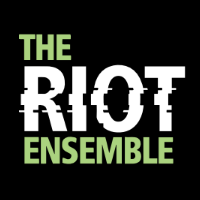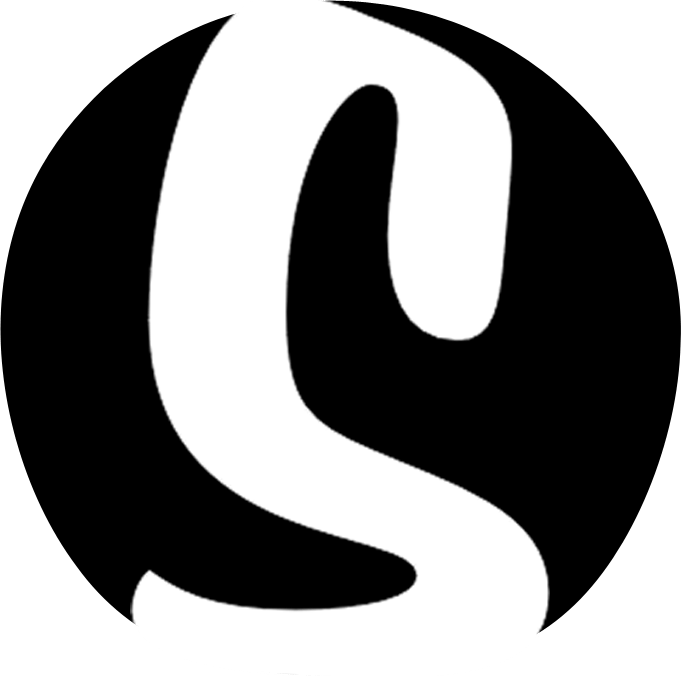A few moments with Georg Friedrich Haas
We are very excited to announce that in January 2019 we will be giving the first performances of Solstices – a new work for ensemble by one of the world’s leading composers, Georg Friedrich Haas. The world premiere will be at Dark Music Days on 26th January, and we’ll follow up with the UK premiere at the Royal Academy of Music’s Susie Sainsbury Theatre on the 29th. As part of the build up Tim Rutherford-Johnson will be conducting several exclusive interviews with Haas about his music and inspirations.
The world premiere of the new piece will take place in Iceland in the middle of winter. So naturally, in his first conversation, Tim asked Haas about an element that has been important to his work for many years: darkness.
Tim Rutherford-Johnson: When did you start to think about using darkness in your work? What was the inspiration?
Georg Friedrich Haas: The first time I composed darkness was in my short opera Adolf Wölfli, which I wrote in 1981. Wölfli was an amazing painter, who lived in the first third of the twentieth century. He was mentally ill, and in addition to his paintings he wrote terrible, dark texts. These texts are mostly about the impossibility of grace and forgiveness. At the opera’s end it should be completely dark – only flashes of light direct the orchestra. The singer quotes the Holy Bible: ‘Fear not: for, behold, I bring you good tidings of great joy’ – repeated several times again and again to make it clear that this ‘great joy’ will never happen. Never.
The stage director, a third class loyal citizen of the communistic German Democratic Republic, ignored and destroyed these ideas. He called me a ‘dilettante’ – and unfortunately I believed him to be right. Eighteen years later I met the German stage director Bettina Wackernagel. We never had the chance to work together, but she explained to me that these ideas of mine were very dramatic and intense. I had just been working on in vain. I decided to compose darkness within this piece. It worked.
TRJ: What does darkness symbolize for you? What is its role in your music?
GFH: What does the sound of a violin’s string symbolize in my music? What does a C sharp symbolize? They symbolize nothing. They are musical means, musical media, which can be used for any expression. It depends on the surroundings, on the musical grammar and musical logic before and after this musical element.
TRJ: Has that role changed, or its symbolism developed? I’m thinking of, for example, the different meanings of darkness in your third string quartet (the Holy Week Tenebrae service) and in vain (the return of fascism to European politics). In what ways does darkness continue to excite you as an idea? What other themes might be explored through it?
GFH: The darkness of in vain does not symbolize fascism. I am not able and not willing to write a music that could symbolize this. The dark moments in in vain may symbolize my fear and my desperation regarding the upcoming of a new fascism. But in these dark elements I also compose the utopia of a music that can only be performed by musicians who possess a high level of responsibility. Who completely trust their individual musical imaginations. And who do not need any director or conductor to create their sounds. The darkness in my opera die schöne Wunde and in my piece wohin bist du gegangen? symbolizes erotic despair. The darkness in my opera KOMA symbolizes the world of a patient in a hospital, being in a coma.
In my Ninth and Tenth String Quartets – and in the new piece for the Riot Ensemble – the darkness does not have any meaning. It is just a musical medium. I hope it is a beautiful one.
TRJ: Writing for performers to play in the dark, and from memory, is obviously very challenging. What techniques have you developed to help you achieve this?
GFH: There are no ‘techniques’. I just have to describe the musical units as plainly as possible.
TRJ: This has been an interest in your work for several years now, so presumably it has unlocked something valuable for you compositionally. I wonder if you could describe this: are there particular ideas, ways of working, musical forms and so on that you couldn’t have discovered without setting up these challenges?
GFH: In my Third String Quartet I composed social procedures: I asked the musicians to perform ‘invitations’. If these invitations are accepted by at least one other musician, a (verbally notated) musical development is to be performed. There are also some additional formal instructions.
Within my Ninth and Tenth String Quartets the musicians also play ‘games’ – a system of clearly defined rules about how to ‘fight’ against one the other. This is fun for the musicians and the result is a music that reflects this verve.
In the Ninth String Quartet I also ask the musicians to find very precise microtonal tunings. The process of searching for and finding these harmonies creates the music.
TRJ: What role does memory play too? In what ways are you able to exploit your players’ ability to remember things (and forget them …)?
Performing music always involves memory. The musicians have to remember what they developed within the rehearsals (or what they practised alone). The only difference when performing in darkness is that you do not have any visual help to support your memory. No score to look at. No conductor to follow.
TRJ: Finally, are you able to reveal any details about the piece you are writing for us?
To compose music requires me to think within the music, within the sounds, within the time. I must not use words for it during the process of composing. Words disturb the musical imagination. Therefore I generally refuse to write or say anything about a piece before my work is finished.


